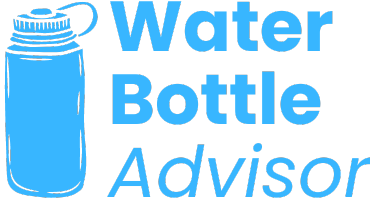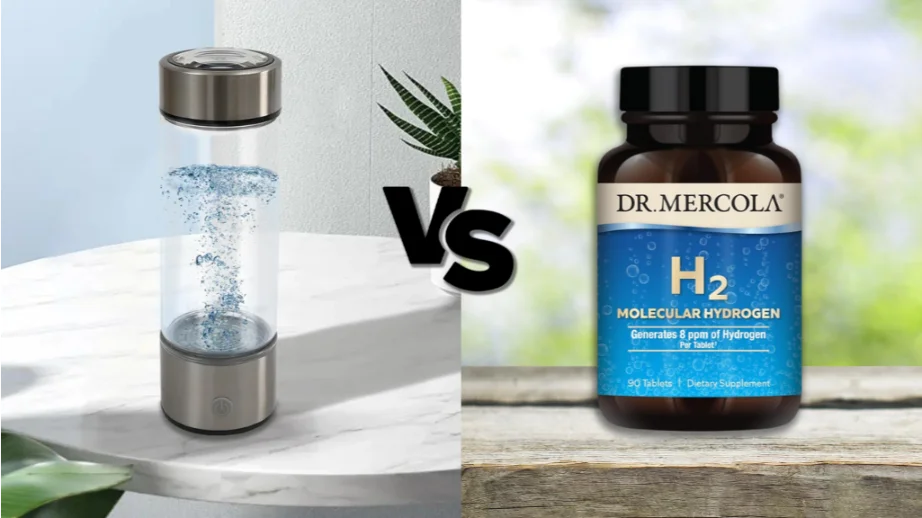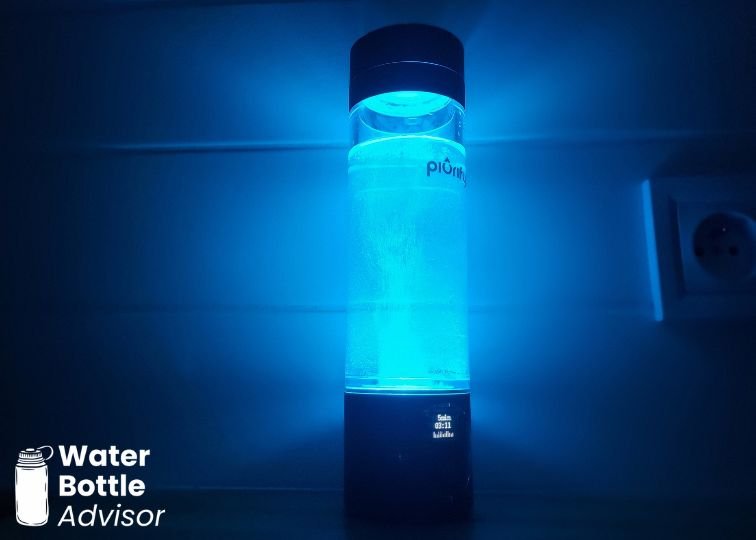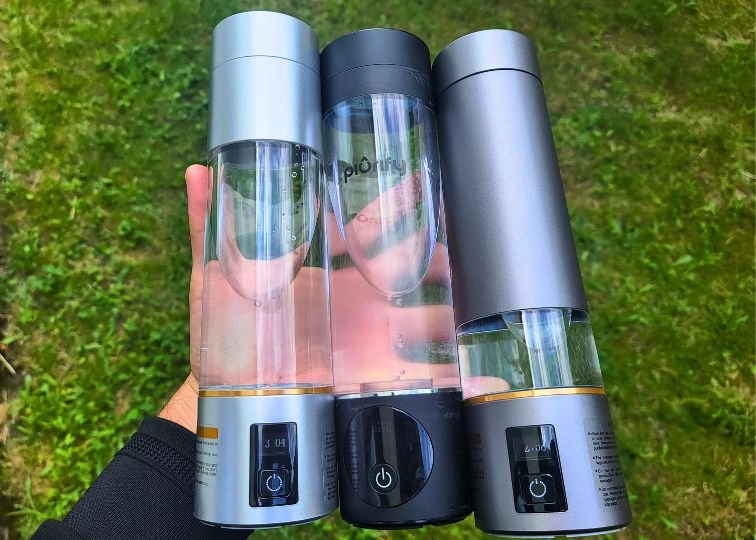Hydrogen water bottles and tablets are the two most popular choices for people looking to add extra hydrogen boost to their water.
But after nearly a year of experimenting with both options, the hydrogen water bottle comes out on top for me as the best way to get hydrogen water.
the reason? It’s more cost-effective over time compared to tablets, and delivers more than enough hydrogen concentration values to feel the benefits.
For the purpose of this article, I will be using the Piurify Hydrogenator as a reference, which is the best hydrogen water bottle based on my experience, and Dr. Mercola Hydrogen Tablets, which are the most popular option on the market.
Some of the links on this page are affiliate links. This means that if you click on one of the links and make a purchase, I may earn a small commission at no additional cost to you.
Piurify Hydrogenator | Dr Mercola Hydrogen Tablets | |
|---|---|---|
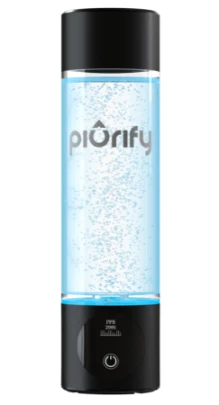 |  | |
Price | $169.99 | $19.97 (30 tablets) |
PPB | Up to 3000 | Up to 8000 |
Hydrogen Concentration | ★★★★☆ | ★★★★★ |
Taste & Smell | ★★★★★ | ★★★★★ |
Ease of Use | ★★★★☆ | ★★★★★ |
Environmental Impact | ★★★★★ | ★★☆☆☆ |
Cost-Effectiveness | ★★★★★ | ★☆☆☆☆ |
Buy Now |
Do Hydrogen Water Bottles Need Tablets?
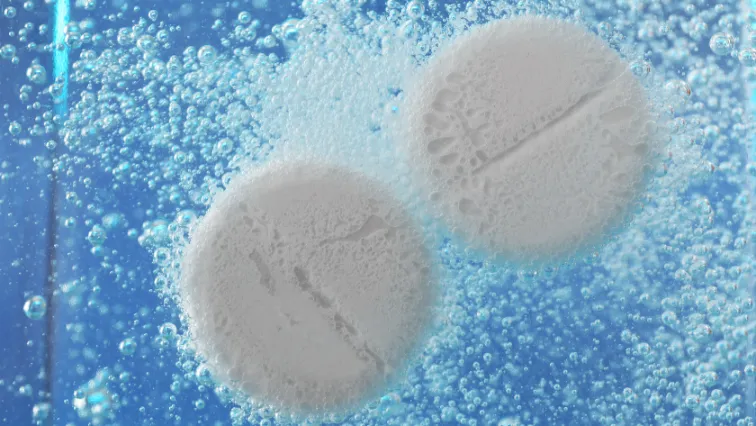
Let’s quickly address a common misconception that I often see among first-time buyers – do hydrogen water bottles need tablets to generate hydrogen water?
No, they don’t. Hydrogen water bottles are designed to create hydrogen-rich water on their own. They use a built-in technology that electrolyzes the water, splitting it into hydrogen and oxygen.
This process infuses the water with hydrogen without the need for any external substances like tablets.
You simply fill the bottle with water, turn it on, and within minutes, you have hydrogen-enriched water ready to drink.
Hydrogen Concentration Comparison
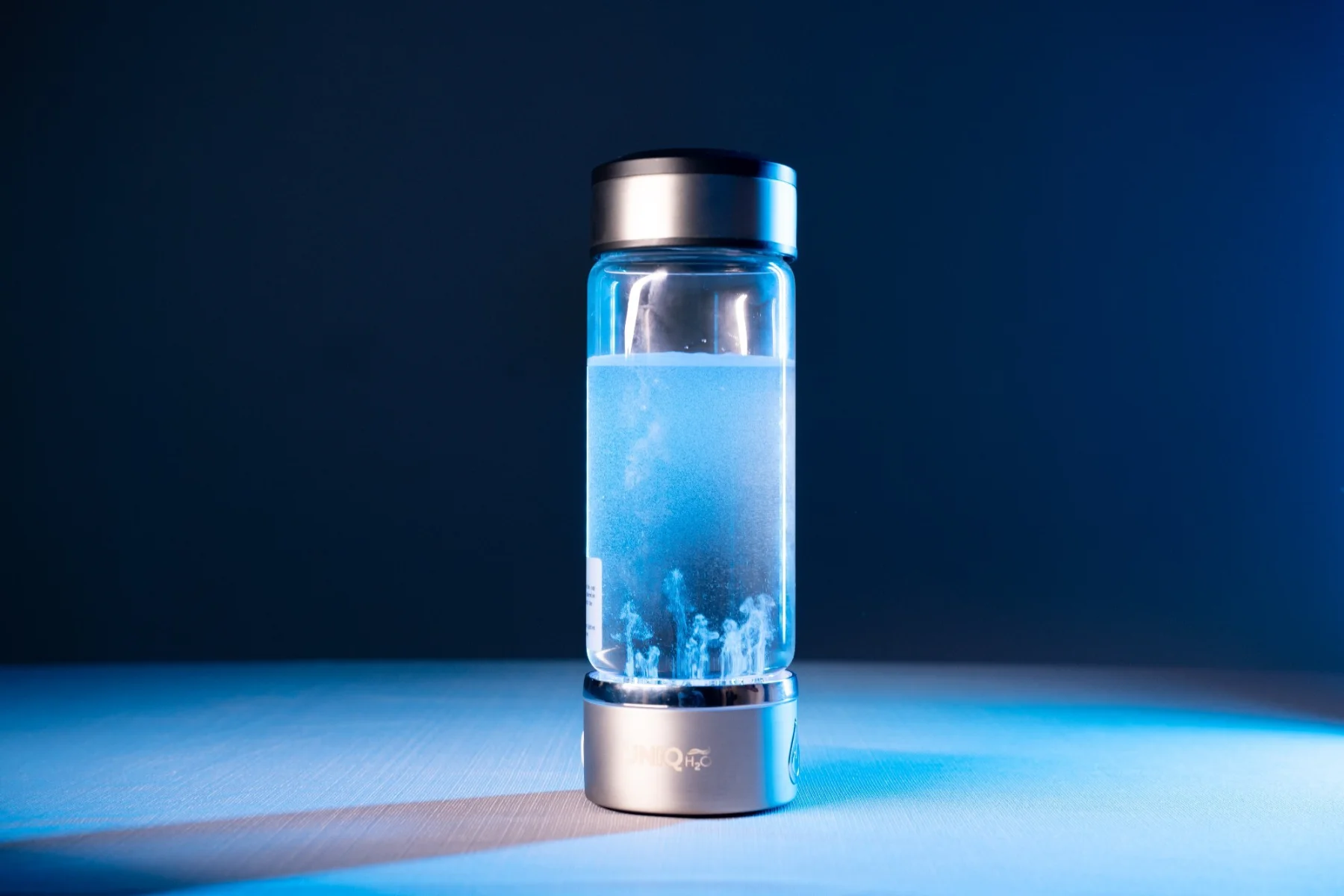
The hydrogen concentration is probably the most important feature to consider, especially if you’re looking for the health benefits that come with drinking hydrogen water.
It’s recommended to drink water with at least 500 ppb (parts per billion) or 0.5 ppm (parts per million) to tap into the health benefits.
But from my experience, I’d say aim higher than this. Going for at least 1000 ppb can really make a difference in how you feel.
Hydrogen Bottles
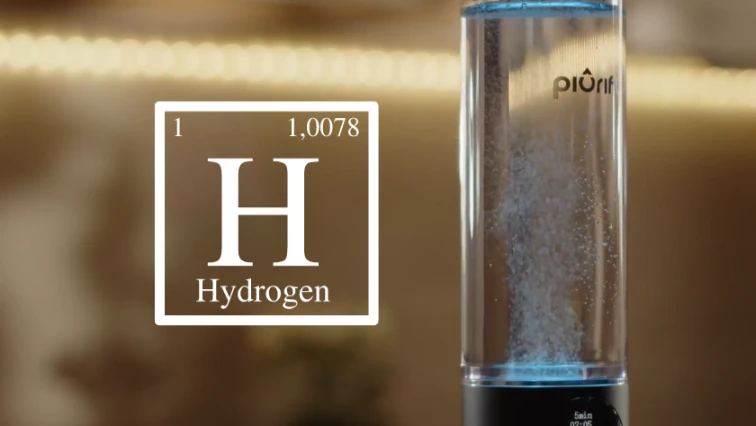
When you look at hydrogen water bottles, you’ll notice they offer different hydrogen concentration values, and this usually depends on the price.
Generally, the more you’re willing to spend, the better the hydrogen concentration you’ll get.
For bottles priced around $200, you can expect somewhere between 3000, 4000, or even 5000 ppb per 10-minute cycle, which is usually more than enough.
On the other hand, bottles priced at less than $100 may not reach such high levels, but some models still offer around 600-1600 ppb, which isn’t too shabby.
Hydrogen Tablets
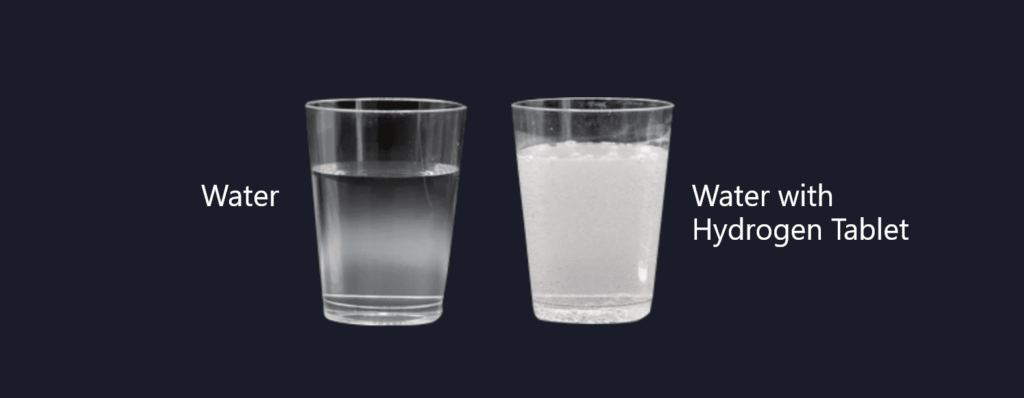
Hydrogen water tablets usually can create higher hydrogen concentrations. Take, for example, the most popular tablets by Dr. Mercola, which can create up to an 8 ppm concentration of H2 in 480 mL of water, which is pretty much the best result you can get.
So, in the hydrogen concentration category, tablets take the win. But do you really need that much hydrogen concentration?
After regularly drinking water from my bottle with a concentration of 3000 ppb, I haven’t noticed a loss of difference compared to the higher concentrations.
Cost Over Time Comparison
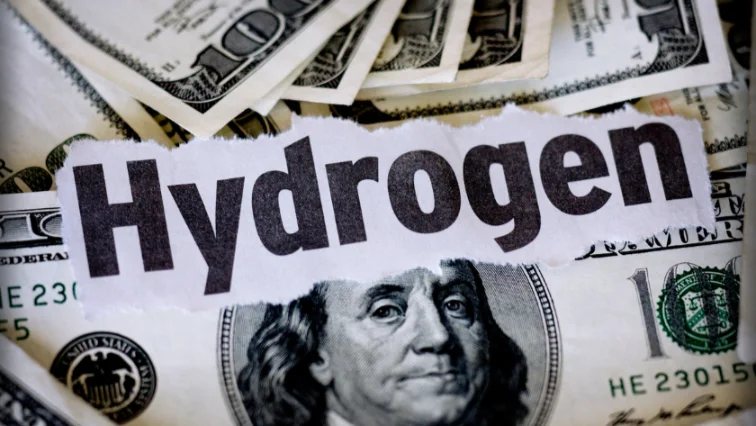
Hydrogen water bottles do have a higher initial cost than tablets and it’s the main reason people think twice about purchasing one.
However, unlike tablets, once you’ve purchased your bottle, there are no ongoing costs, except maybe a bit of maintenance here and there.
On the other hand, tablets, which have a lower initial cost, actually end up being more expensive over time.
Why? Because you continuously need to buy more. It’s like being on a treadmill that never stops.
Why Hydrogen Water Bottles Are More Cost-Effective?
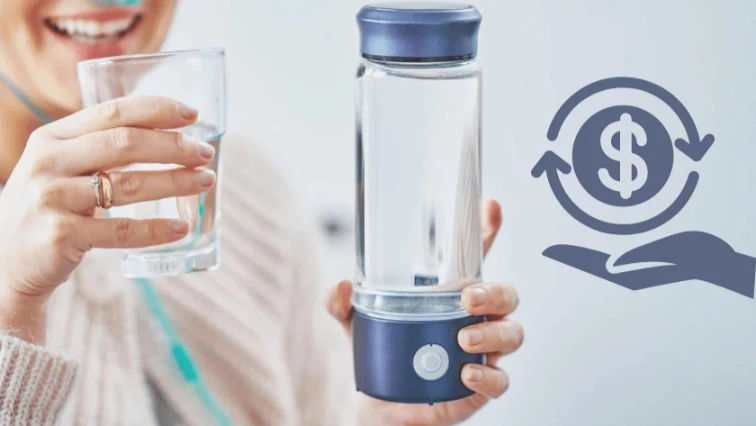
Dr. Mercola tablets costed me $20 for a pack of 30 tablets.
To meet my daily hydration needs, I drink about 60 fl. oz. of hydrogen water. To achieve this with the tablets, I need roughly 3.75 tablets a day, but since we can’t split tablets in practical use, that rounds up to 4 tablets a day.
Here’s what the math looks like:
Monthly:
- 4 tablets/day * 30 days = 120 tablets.
- Since they come in packs of 30 for $20, you need 4 packs per month.
- 4 packs * $20 each = $80 per month.
Yearly:
- $80/month * 12 months = $960 per year.
Yes, you read that right. You could be spending around $960 a year on tablets!
Now, if you compare this to the cost of a good quality hydrogen water bottle, many of which are priced around $200 or so, you can start to see the savings.
Environmental Impact Comparison
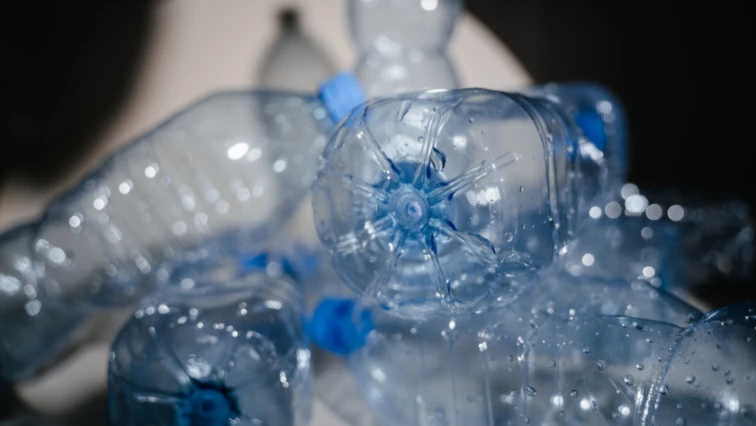
Hydrogen Bottles
Hydrogen water bottles are way more eco-friendly than tablets because you can use them over and over again.
Before I switched to a reusable hydrogen water bottle, I used to drink from those 32 fl. oz. bottles of water you get from the store. After making the switch, I realized I saved around 1116 disposable plastic bottles in the previous year.
Just imagine the positive impact that has on reducing waste!
Tablets
While hydrogen water tablets might seem convenient, they come with a downside for the environment. With every pack of tablets you use, there’s packaging waste.
And if you’re using tablets daily, that waste adds up pretty quickly, leading to more trash and a bigger environmental footprint.
Ease of Use Comparison
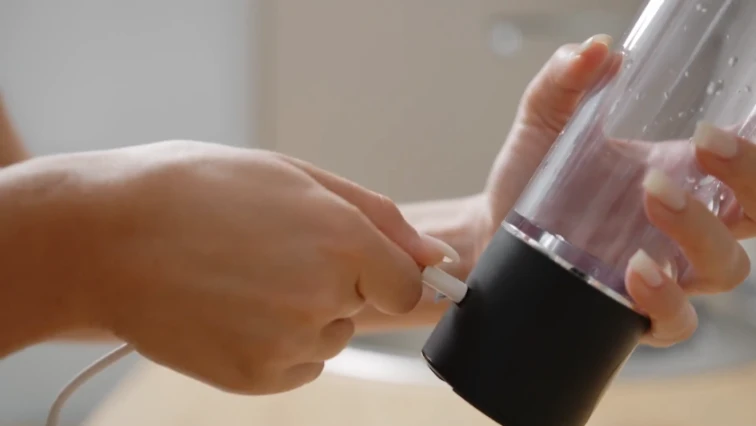
Hydrogen Bottles
Bottles are super handy for making hydrogen-rich water, but they do come with a bit of a learning curve. You need to spend some time getting to know how they work.
For starters, they require basic operational knowledge. It’s not just about filling them up and hitting a button. You need to charge them regularly, or if they use batteries, you need to replace these from time to time.
And there’s more to it. You also need to know what kind of water you can put in there. Not all water is the same, and some types might not be ideal for your bottle.
Cleaning your bottle is another thing. It’s not hard, but it’s important to do it right to keep your bottle working well. Plus, you should know the best way to store it safely when you’re not using it.
Hydrogen Tablets
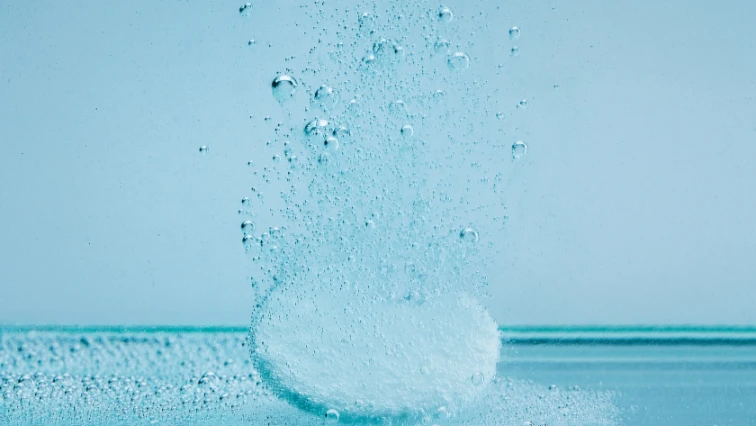
If you’re looking for simplicity, tablets are as straightforward as it gets. There’s no technical knowledge needed, no charging or worrying about batteries.
You simply drop a tablet into a glass of water and you’ve got yourself hydrogen-rich water.
Conclusion
Both options have their own set of pros and cons.
Tablets can offer more hydrogen concentration and they’re incredibly easy to use. Just pop a tablet into water, and that’s it.
But when I think about how much money I’ve saved – about $750 already (!) – by switching to a bottle, the choice becomes pretty clear.
Hydrogen water bottles are, in my opinion, the best way to get your hydrogen water.
Piurify Hydrogenator | Dr. Mercola Hydrogen Tablets |
|---|---|
 |  |

Jeremiah Kowalski
Jeremiah Kowalski is a drinkware product researcher who has personally tested 50+ reusable water bottles, tumblers, mugs, and filtration systems from leading brands. He focuses on real-world performance, durability, and safety to help readers choose drinkware that actually fits their daily hydration needs.
